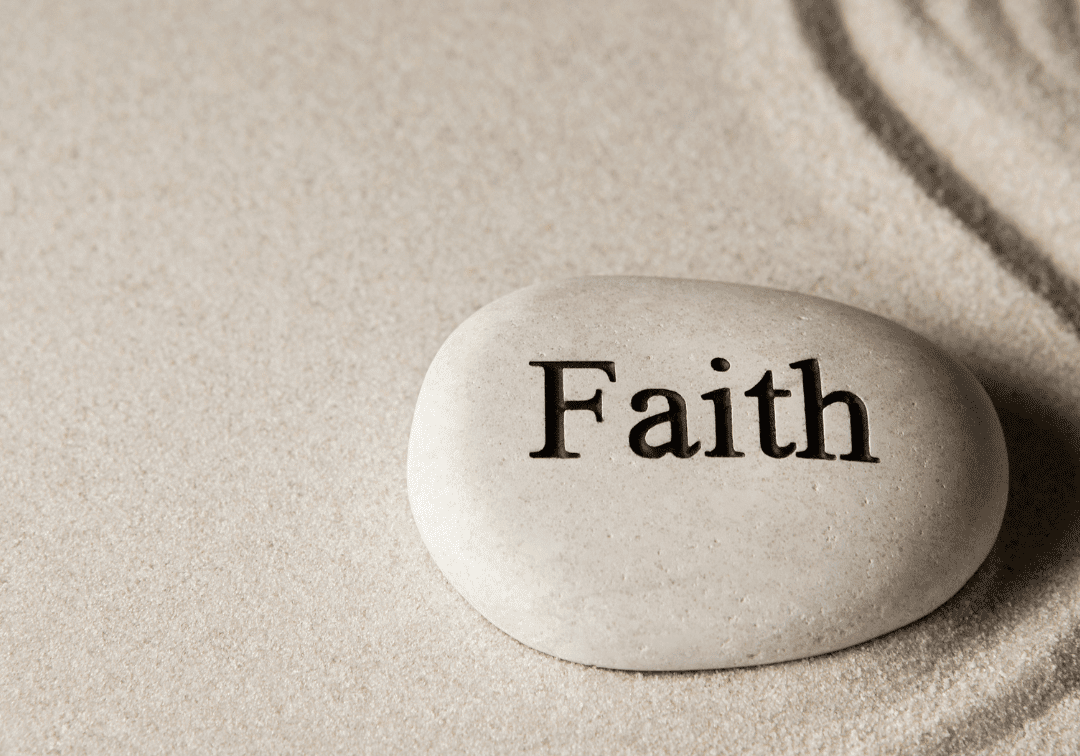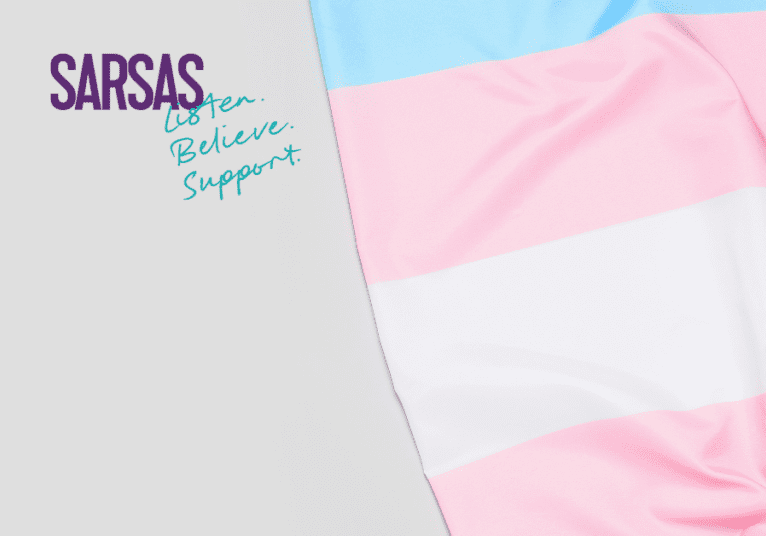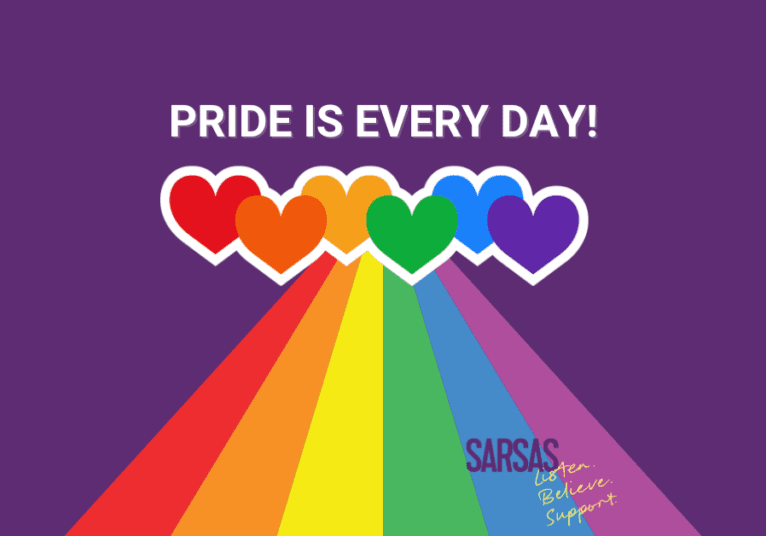
My faith, my healing journey, and starting those conversations with your therapist
If faith is an important part of your life you may be wondering how this can be brought into your counselling sessions. One of our counsellors explores this topic and talks about her experiences both as a counsellor and a counselling client.
Some of the most powerful and precious healing journeys I participate in as a counsellor are those which include a client’s faith. Personally, being a Christian with a relationship with Jesus has deeply transformed my own trauma and impacted my own healing journey.
As a counsellor it’s important to freely embrace my clients’ own faith framework allowing them space to express how their faith has impacted their beliefs and experiences around abuse and their healing. While what I am writing is definitely impacted by my own Christian faith, my hope is that some of it may still feel relevant to people from different faith backgrounds although some of it may not feel like it applies to you and that’s ok as well.
Sometimes people may feel unable or unsure how to approach their relationship with their faith in their healing journey and the hope is that this blog may help people to find ways to have conversations with their therapists about what they may need.
Questions you might be asking
The religious communities we come from can either be an important part of our healing or cause greater harm. There is a significant intersection between a person’s faith and their sexual abuse because they may have also experienced spiritual abuse along with community disconnection and disconnection from God.
In my work I have heard heartbreaking stories of fundamental religious leaders who questioned a client’s purity, clothing choices, the choice to report abuse experienced within their families and faith communities while advising forms of forgiveness that amount to protecting the abuser within the community at the expense of the abused and encouraging silence.
Faith can shape the questions clients ask about their abuse e.g.
- “if God loves me and is powerful, why did this happen?”
- “Can God be good if this abuse happened, or was it my sin that caused it?”
- “How do I trust God or myself again?”
- “Does my abuse mean that I have lost my purity even though I didn’t want or choose this, because my family or religious leaders say that I shouldn’t disclose abuse because it will be shaming and make me seem impure?”
These questions are normal, but purity is a heart condition rather than something that a perpetrator can take from you. Humans often give flawed reflections of God’s unconditional love, even our spiritual leaders and families can poorly reflect the way that God sees us and sees abuse because God would never silence or shame those who are abused, nor does God endorse covering up abuse.
How to cope with my religion requiring me to forgive my abuser?
Another common discussion regards clients feeling angry about their abuse, sometimes even angry with God; however, their faith requires that they forgive their abusers. I have had many useful conversations with clients about the nature of forgiveness. Firstly, anger at abuse is valid and abuse angers God as well. Secondly forgiveness can’t be forced or rushed, its important clients are able to grieve and feel angry over traumatic abuse and its ongoing impact. Forgiveness is not a choice we make for anyone else and it does not require reconciliation or reconnection with a perpetrator, as often this would be unsafe both emotionally and physically. Forgiveness does not mean that reporting abuse to police is refusing to forgive. Instead, forgiveness is a decision and a gift to the abused, bringing healing and peace when rightly understood.
Forgiveness is the acknowledgement nothing can make the pain and the loss right; nothing can repay the abuse and that holding onto anger and bitterness is only harming you and that you deserve peace and a good future. Laying bitterness aside, reclaiming a future and thriving while accepting that what happened was deeply wrong, unfair, that it matters and only you get to decide the meaning it has, robs the perpetrator of the right to define you and your future.
The power of unconditional love and true belonging
Abuse either shakes all we thought we knew before it, or if it occurs while we are young abuse colors all we understand of our world and wraps itself around our developing identity. It can feel like abuse infects the heart of who we are. Encouragingly from a faith perspective identity is not formed by our work, by what has been done to us, or the things that we have done in our own lives. Identity is best found through being anchored and connected to the source of unconditional love and true belonging.
‘True belonging is the spiritual practice of believing in and belonging to yourself so deeply that that you can share your most authentic self with the world and find sacredness in both being a part of something and standing alone in the wilderness’ Brene brown.
No person has the power to define you by what they have done or said about you, they don’t have the right to diminish your worth and value with limiting labels and stereotypes of who you are, and your purpose is found in relationship with God for those who have faith.
My faith, my healing journey and starting those conversations with your therapist
I remember feeling awkward when I started my therapy, I knew that I couldn’t talk about my trauma without discussing my faith, but I was worried that my therapist would judge my faith or think that the things God was showing me were ridiculous. There isn’t a formula for beginning a conversation around how your faith impacts you, and your therapist is unlikely to initiate a faith focused conversation, however if your faith has caused greater loss and painful disconnection or you want it as a part of your healing simply start with what’s on your heart and trust that the therapist will hold space and fallow where you lead.
If your therapist doesn’t know about your faith background, it’s a place where you get to be the expert and share what it means to you. I am grateful that in my healing journey I had a therapist who willingly made space for and respected my need to have Jesus as an integral part of my healing journey. During my therapy this looked like my therapist welcoming Jesus into every EMDR session, and because of her comfort levels I saw, heard, and felt Jesus join me in every traumatic memory and redeem these painful moments. When I held onto negative beliefs about myself, my therapist would challenge me asking if that was what Jesus was saying about me? For me having a therapist receptive to Jesus being involved meant that instead of feeling that I was marked by or defined by those who abused me, every scar I carry is now marked by Jesus’s love for me.
Some ways of embracing healing from a faith perspective include reconnecting to community, daily gratitude journaling which helps shift perspectives because grateful people are joyful people as we notice more of the blessings in life, daily prayer, worship, mediation on God’s love, spending time in nature. Reconnecting to joy can feel scary like it can be lost again but joy is truly a strength that helps us to lean into to painful traumatic feelings when they come and not be swallowed by them as we process the pain from the place of Gods love for us.
Know that you are not alone in your healing and that your faith and your healing journey do not have to be separate if you do not want them to be and if this blog has resonated with you some books you might find useful are Brene brown’s ‘braving the wilderness’ and Bruce perry and Oprah Winfrey’s book ‘What happened to you?’
For more support information check out our self-help guides
The latest from our news and blogs

Trans, Non-Binary, and Intersex (TNBI) Support Group
Coming together in a confidential space to support each other and identify ways to move forward after rape & sexual abuse.




